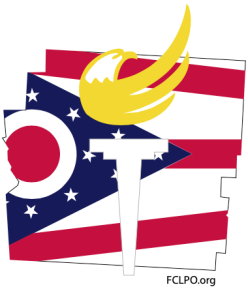Easing ballot access restrictions for competing political parties provides a more equitable and representative democratic process compared to redrawing or redistricting election district lines around current political party affiliations.
1. Promotes Fair Competition:
- Eliminating ballot access restrictions allows more parties and candidates to participate in elections, offering voters a broader range of choices. This diversity can lead to more competitive elections, as candidates and parties must better represent constituents’ interests to win votes.
- Unlike redistricting, which can be manipulated to favor certain parties (gerrymandering), removing ballot restrictions levels the playing field, ensuring that all parties have an equal opportunity to compete.
2. Enhances Voter Representation:
- When more political parties have access to the ballot, it better reflects the varied political opinions within the electorate. This inclusivity ensures that minority views are represented, leading to more comprehensive and balanced policy discussions.
- Redistricting based on current political affiliations can entrench existing power structures, often marginalizing minority viewpoints and reducing the overall representativeness of elected bodies.
3. Reduces Partisan Manipulation:
- Ballot access reform focuses on the procedural fairness of elections, minimizing the influence of partisan interests. It addresses structural barriers such as high signature requirements or restrictive filing deadlines that often keep new or smaller parties off the ballot.
- Redistricting, particularly when controlled by partisan legislatures, can result in gerrymandering, where district lines are drawn to ensure a particular party’s dominance, undermining the principle of fair representation.
4. Encourages Political Innovation:
- With easier access to the ballot, new political parties can introduce fresh ideas and perspectives, fostering political innovation. This can lead to more dynamic and responsive governance, as established parties must adapt to new challenges and perspectives.
- Redistricting does not inherently encourage new ideas; instead, it can reinforce the status quo by protecting incumbents and established parties from significant competition.
5. Strengthens Democratic Legitimacy:
- A democracy that allows multiple parties to participate freely in elections enhances its legitimacy. Voters are more likely to feel that the electoral process is fair and that their voices can be heard.
- Redistricting based on current political affiliations can lead to cynicism and distrust in the democratic process, as it often appears to serve the interests of those in power rather than the electorate.
By reducing ballot access restrictions, the democratic process becomes more inclusive, competitive, and representative, ensuring that all voices can participate and be heard, thereby strengthening the overall health and legitimacy of the representative democracy.
